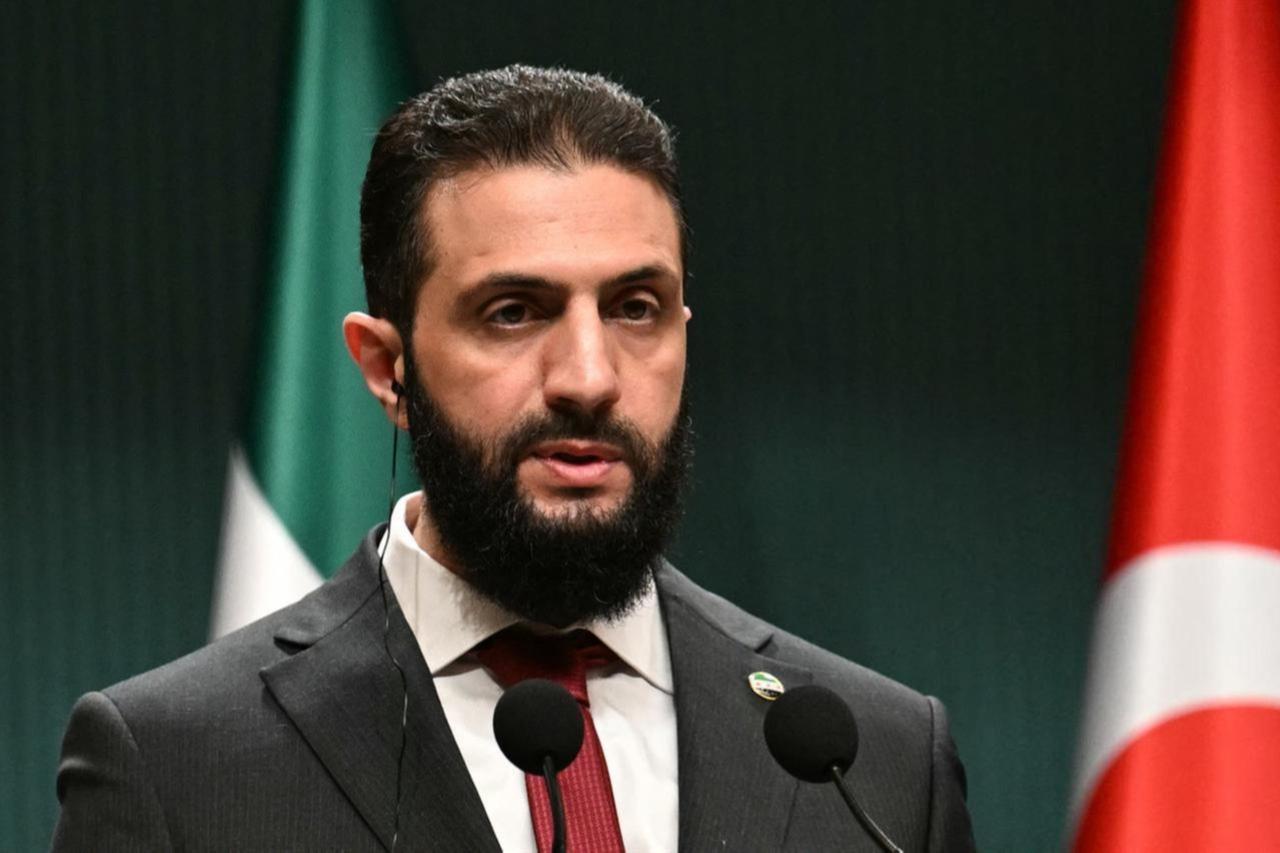
Syrian President Ahmad al-Sharaa declared that "if federalism or decentralization means division, this is unacceptable," while outlining his strategy to "zero problems and resolve disputes" in remarks to Al-Majalla on Monday.
Speaking to an Arab delegation including media editors and former ministers at the Syrian Presidential Palace in Damascus on Sunday afternoon, al-Sharaa addressed questions about Syria's governance structure, emphasizing the country's unity while discussing Kurdish rights and regional autonomy concerns.
When asked about Syria's position on normalization with Israel, al-Sharaa ruled out replicating the Abraham Accords model, citing fundamental differences between Syria and other Arab nations that have established relations with Israel.
"The agreements happened between Israel and countries that don't have disputes and aren't neighboring. Syria's situation is different. We have the Golan, occupied land," al-Sharaa told Al-Majalla.
He emphasized that Syria's priority is "returning to the 1974 disengagement agreement or something similar, meaning controlling the security situation in southern Syria under international supervision."
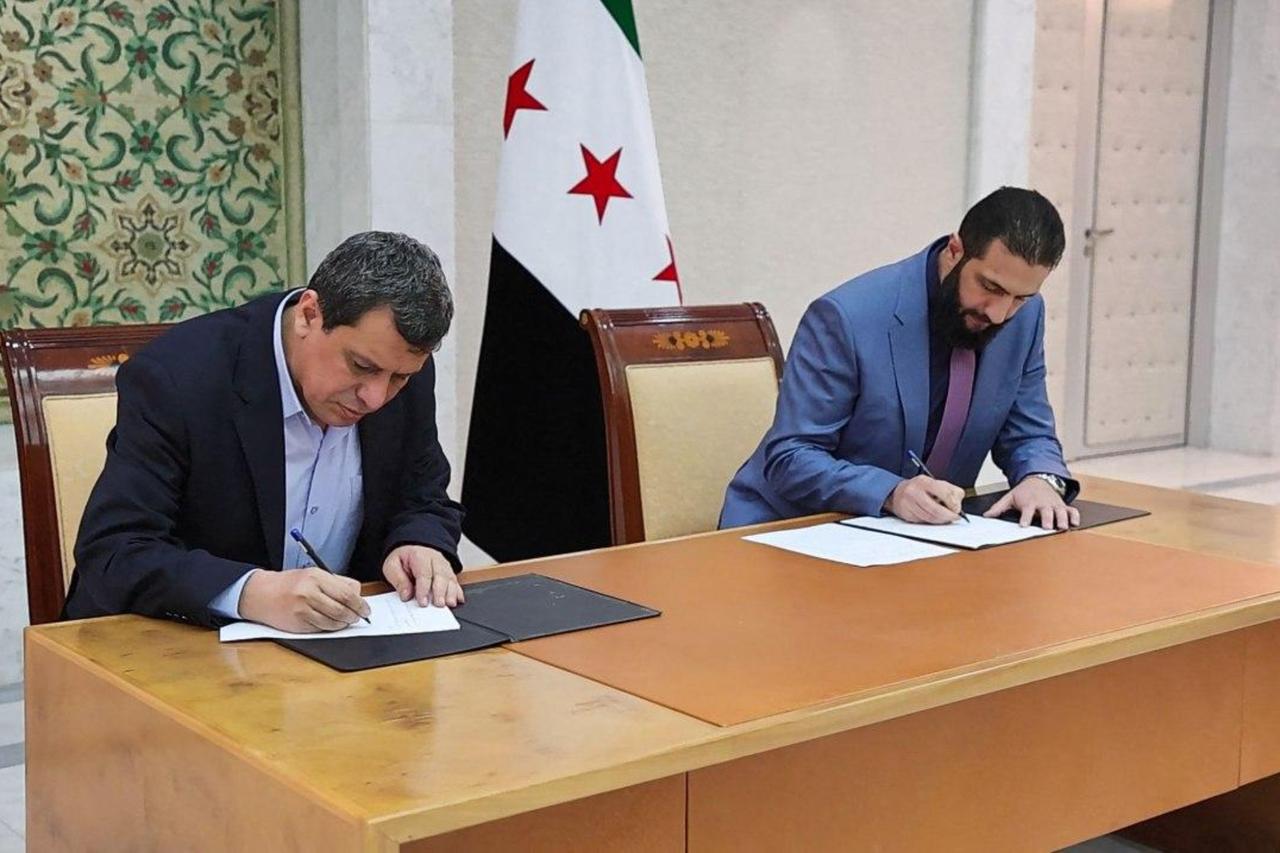
Addressing his upcoming visit to New York, al-Sharaa described it as Syria's first presidential participation in U.N. General Assembly meetings since June 1967, marking a significant shift in the country's international standing.
"Syria was in 'isolation within isolation' due to the previous regime's practices and countries' positions toward it," al-Sharaa said.
"My participation is one of the major headlines indicating the correction of positions toward Syria, whether due to Syria's policies or some countries' policies toward Syria," he noted.
"There's no doubt the visit is one of the prominent transformation headlines in Syria," noting that while U.S. sanctions have existed since 1979, "now there are good relations with America, Saudi Arabia, Türkiye, the UAE, Qatar, Jordan and European countries," he added.
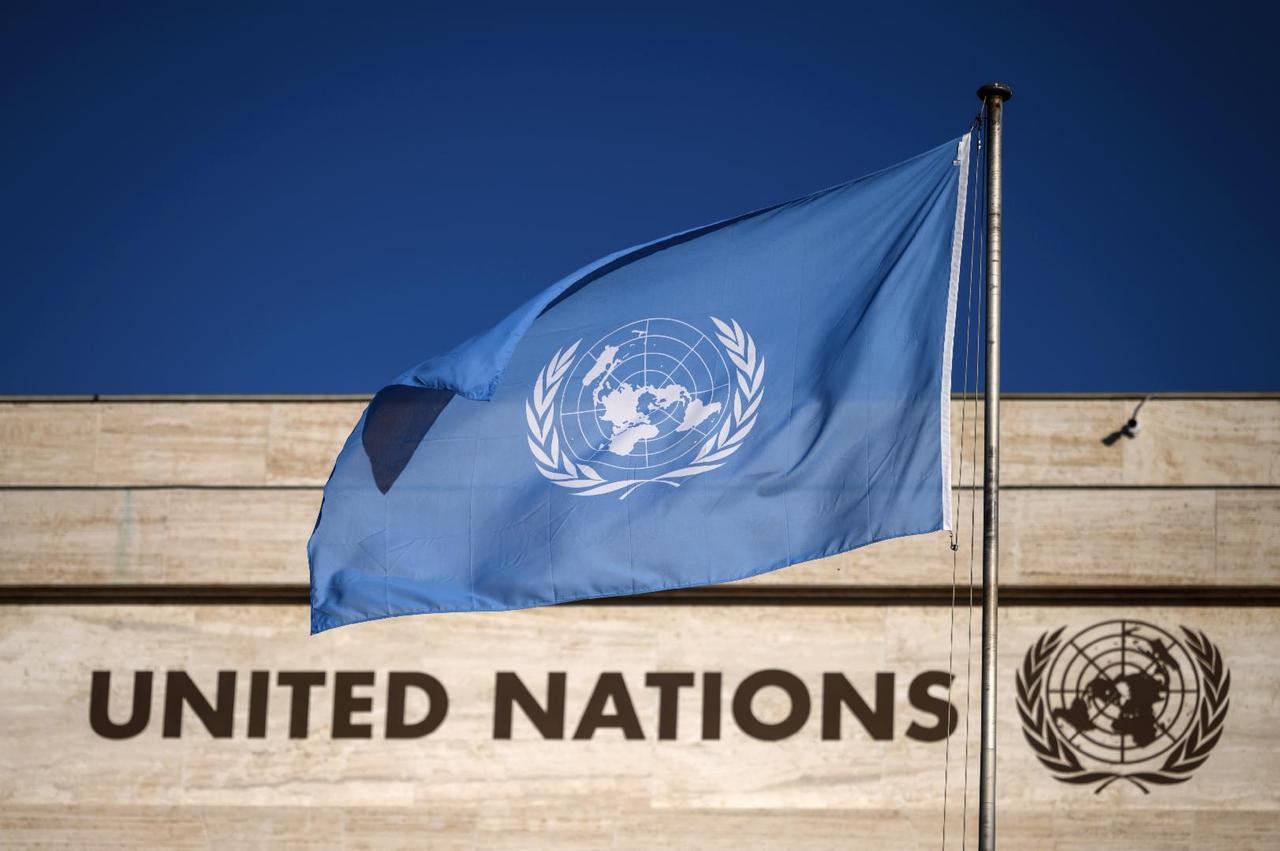
Al-Sharaa emphasized the need for a fresh start with Lebanon, acknowledging the historical burden of Syrian-Lebanese relations.
"Lebanon suffered greatly from Syrian policy during the defunct regime's rule. There's what's called the tyranny of geography — geography negatively affected Lebanon," he stated.
"We need a new blank page between Syria and Lebanon where new history of relations between the two countries is written. The negative memory between them must be erased, and there's determination to erase it," he noted.
The Syrian president stressed that Lebanon needs stability and economic improvement, and could benefit significantly from Syria's economic recovery. "There are many commonalities from ports and roads and possibilities for cooperation... It shouldn't be understood that Syria wants to control Lebanon. Entering homes should be through doors, and that's the best thing."
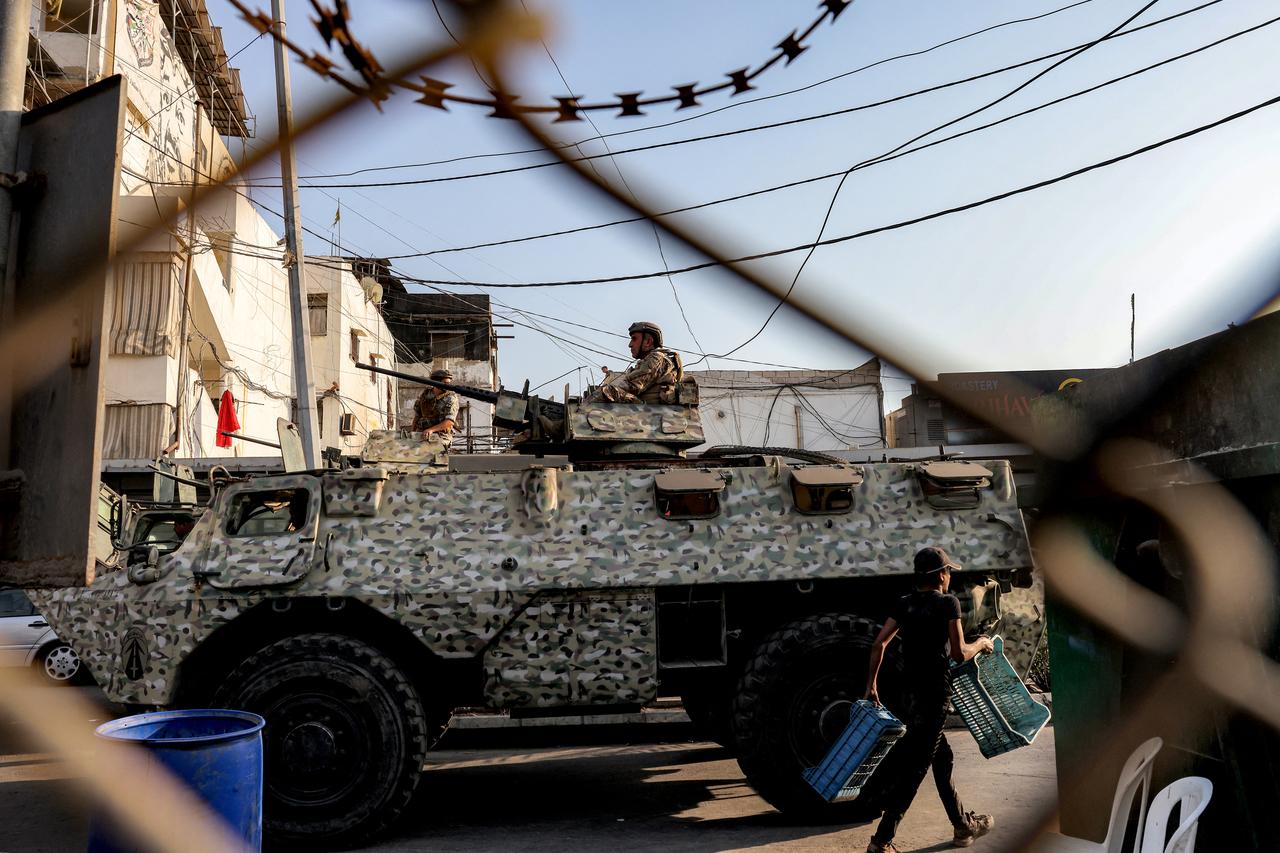
Regarding Israel's military actions following the regime change, al-Sharaa addressed concerns about potential Syrian fragmentation. Israel conducted hundreds of airstrikes on Syria's strategic assets and occupied positions in Mount Hermon and the buffer zone within the Golan disengagement area.
"Any policy aimed at some kind of division in Syria won't succeed," al-Sharaa asserted.
"The Golan has been occupied since 1967, and no one has recognized its occupation. It doesn't have Arab, regional or international support because countries are against dividing states," he added.
He emphasized: "When Israel waves division threats, the goal is pressure. This is unrealistic because it will collide with reality. There's a large Syrian popular bloc against division."
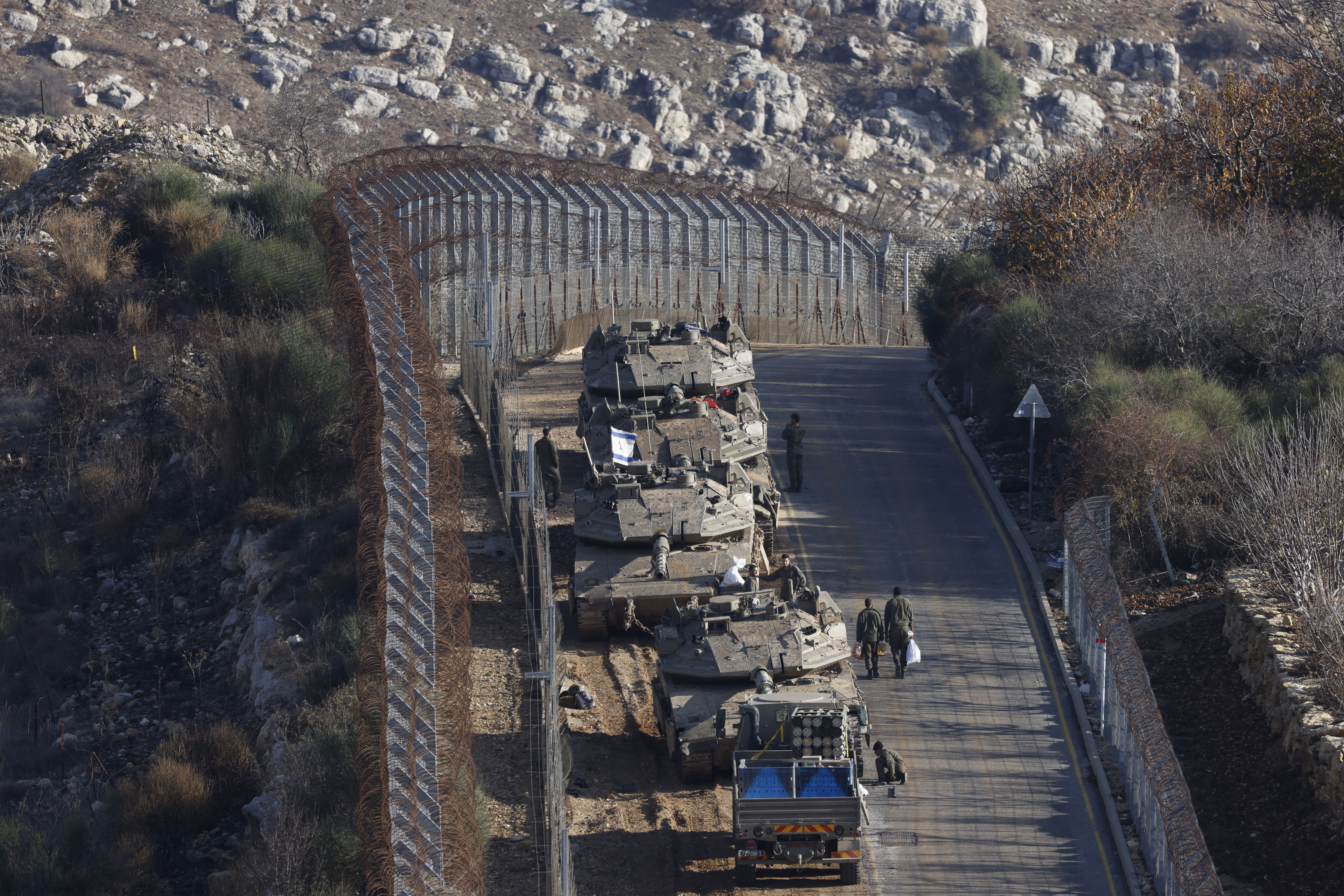
Al-Sharaa addressed governance structure questions, noting that while Syrian laws include elements of decentralization through Law 107 and a Ministry of Local Administration, any system that threatens national unity would be rejected.
"If federalism or decentralization means division, this is unacceptable," al-Sharaa stated, emphasizing that questions about whether Syria should remain united, have central administration, and whether geography and popular will support such arrangements must guide any governance decisions.
The Syrian president distinguished between the SDF and the Kurdish population, expressing sympathy for Kurdish suffering from past policies over decades.
"If the goal is Kurdish rights, there's no need for a drop of blood, because these rights will be in the constitution. But quotas are unacceptable," he said, referring to a March 10 agreement with terrorist organization YPG-led SDF ringleader Mazloum Abdi that has received acceptance from all parties and serves as a reference for dialogue.
Al-Sharaa revealed that during the liberation campaign, he observed various parties attempting to exploit the situation and sent reassurance messages to Iraq after liberating Aleppo in November.
"Iraqi intervention in Syrian affairs would have complicated matters," he said.
"Prime Minister Mohammed Shia al-Sudani responded and confined himself to protecting borders without intervening in Syria. This was a step in the right direction," he noted.
Looking ahead, al-Sharaa outlined ambitious economic plans for Syria's reconstruction and regional integration.
"Since Syria's liberation, we ask countries not to address Syrians as sects living together. We said and say: Address Syrians as a state and citizens," he emphasized.
"Syria is transitioning from an Eastern economic culture to a hybrid economic culture... Syria is heading toward a renaissance with legal and banking reform," he concluded.